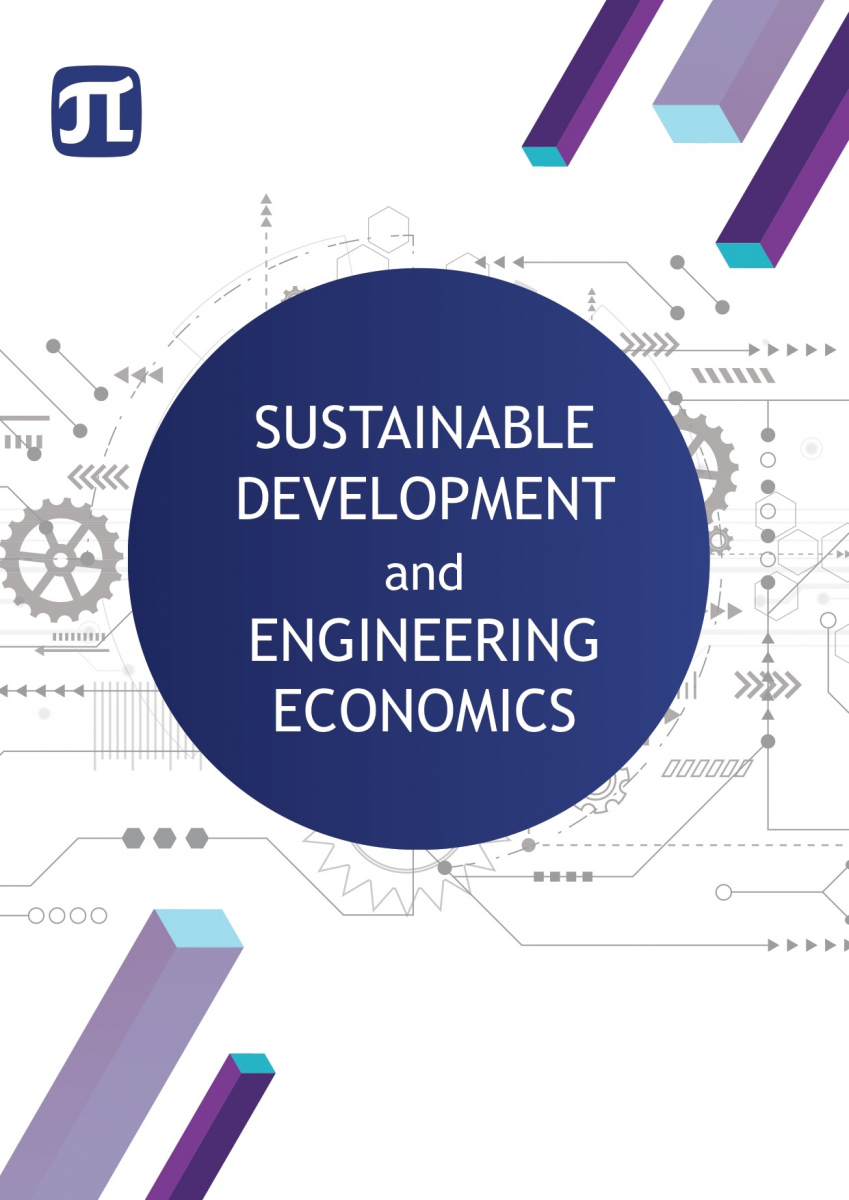DIGITAL INEQUALITY OF RUSSIAN REGIONS
Digitalisation processes are sources of the active growth of national economies. They provide competitive advantages and protect national priorities in the long and short term. Their pace is rapidly accelerating, as new ways of collecting, processing and transmitting big data are emerging based on the ‘digital traces’ left by information during its use. This leads to the need to develop tools for the qualitative assessment of digital transformation processes to justify management decisions and improve project management. Therefore, the purpose of this article is to develop theoretical and methodological provisions and practical recommendations for assessing trends in the processes of digitalisation to subsequently conduct an interregional analysis, identify the causes of digital inequality and find ways for their elimination based on general and particular scientific methods: comparative and statistical analysis, methods of comprehensive assessment and ranking of statistical information reflecting the efficiency of digitalisation processes. The authors developed their own approach to assessing the efficiency of digital transformation processes at the regional level. A distinctive feature of the methodology proposed is the inclusion of indicators that reflect the development of the digital infrastructure, use of digital technology, personnel availability and innovation activity, which are integrated into three indices and eventually form an additive model for the comprehensive assessment of the digitalisation processes taking place in the region. This methodological approach was tested to assess the digital transformation processes taking place in the regions in the Central Federal District of Russia. The regions were grouped according to the level of their digital development. The results of the study allowed us to identify six groups of regions and draw the conclusion that there is a problem of digital inequality despite similar economic conditions and potential. To improve the methodological tools, we suggest using methods of expert evaluation and introducing significance ranks for the selected indices. This is the basis for improving regional strategies, adjusting the targets of regional projects carried out within the Digital Economy Programme and searching for options for effective interaction between all parties operating in the digital ecosystem so that the economy and its competitiveness could grow.


